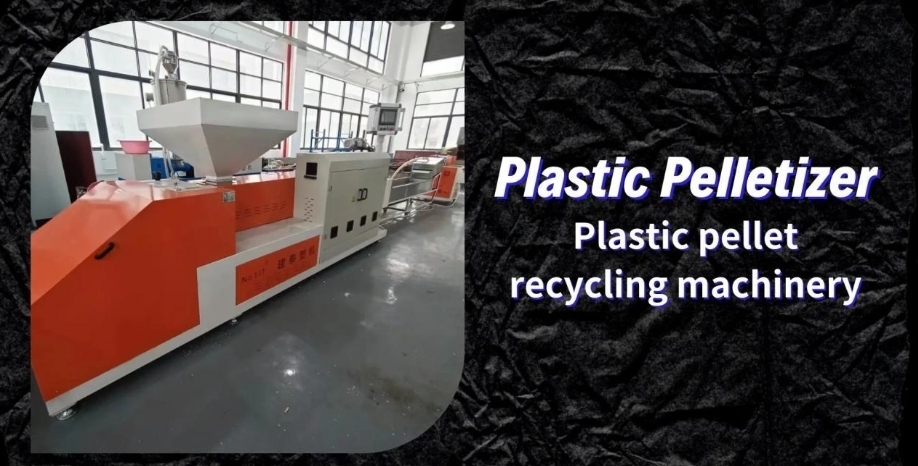
A groundbreaking new plastic recycling system is poised to transform the way we handle plastic waste, turning discarded materials into valuable resources. Developed by researchers at the University of California, Berkeley, this innovative technology provides an end-to-end solution for collecting, sorting, cleaning, and reprocessing used plastics.
There will be the machine you want here. Plastic Granulator Plastic recycling machine
The current global plastic recycling rate stands at a dismal 9%, with the vast majority of plastic waste ending up in landfills and the environment. This presents a massive sustainability issue, as plastics take hundreds of years to biodegrade in nature. It also represents a tremendous waste of resources, as plastic production utilizes valuable fossil fuel inputs. The new recycling system aims to capture this lost value by enabling comprehensive recovery and regeneration of plastic materials.
At the heart of the system is a novel robotic device that uses AI technology to identify and sort discarded plastics based on resin type. The sorting robot uses hyperspectral imaging and machine learning algorithms to analyze the chemical makeup of plastic objects, categorizing them into commodity-grade resins like PET, HDPE and PP. This key innovation overcomes a major hurdle in recycling, as plastic items today are rarely sorted prior to processing, resulting in lower quality recycled material.
After sorting, the plastics enter a multi-stage cleaning process to remove labels, glue and other contaminants. This prepares the material for the recycling phase, where grinders break down the plastic into small fragments or flakes. The flakes are then fed into specialty equipment that purifies and filters the material, before an extruder melts it down into recycled plastic pellets. These pellets can be reused to manufacture new products, closing the loop on the plastic lifecycle.
Compared to conventional methods, the new recycling system achieves far higher recovery rates across almost all plastic types. It also requires 75% less energy and produces just one-tenth of the carbon emissions of standard virgin plastic production. The automated nature of the process significantly reduces labor requirements and allows 24/7 operation.
Researchers have built a pilot plant demonstrating the technology at commercial scale, capable of processing 5 tons of plastic per hour. They aim to begin licensing the system to waste management companies and municipalities starting next year. Major expansions of recycling infrastructure will be needed to deploy the technology worldwide. However, the team envisions the potential to reuse over 90% of global plastic waste with their process.
“This innovation represents a true step-change for plastic recycling,” said lead researcher Dr. Emily Broadhurst. “By bringing together advanced automation, AI, and next-gen recycling technology, we can give used plastics a new life. That will benefit the environment, move us closer to a circular economy, and create economic opportunities.”
The revolutionary recycling system has generated excitement among environmental advocates, industry leaders and policymakers. “With plastic waste surpassing 400 million tons per year, bold technologies like this are exactly what we need,” said Eileen Lambert of Greenpeace. Major corporations including Coca-Cola, Unilever and Dow have also expressed interest in utilizing the technology.
To support the transition, advocacy groups are calling for governments to fund recycling infrastructure and implement strong recycled content mandates. “Policies that drive demand for recycled materials will catalyze adoption of this transformative system,” said Lambert. In addition, experts recommend tax incentives for recycling facilities and fees on virgin plastic usage to improve economics.
With its potential for radical change, the new plastic recycling innovation highlights the power of technology to provide solutions to critical sustainability challenges. Dr. Broadhurst and her team now aim to continue refining the system and hope to see it deployed in communities worldwide. “We envision a future where plastic waste is seen as a resource to be captured, not discarded,” she said. “Together, through creative problem-solving, we can build a circular plastic economy and protect our planet for generations to come.”
Contact Info:
Name: Mr. Ding
Company: BRICSSR
Email: [email protected]
Phone: 85293738460
Website: https://bricssr.com/
Address: Building 3, Wanyang Public Innovation City, Langxia Street, Yuyao City, Zhejiang Province, China
Source: Story.KISSPR.com
Release ID: 817125
